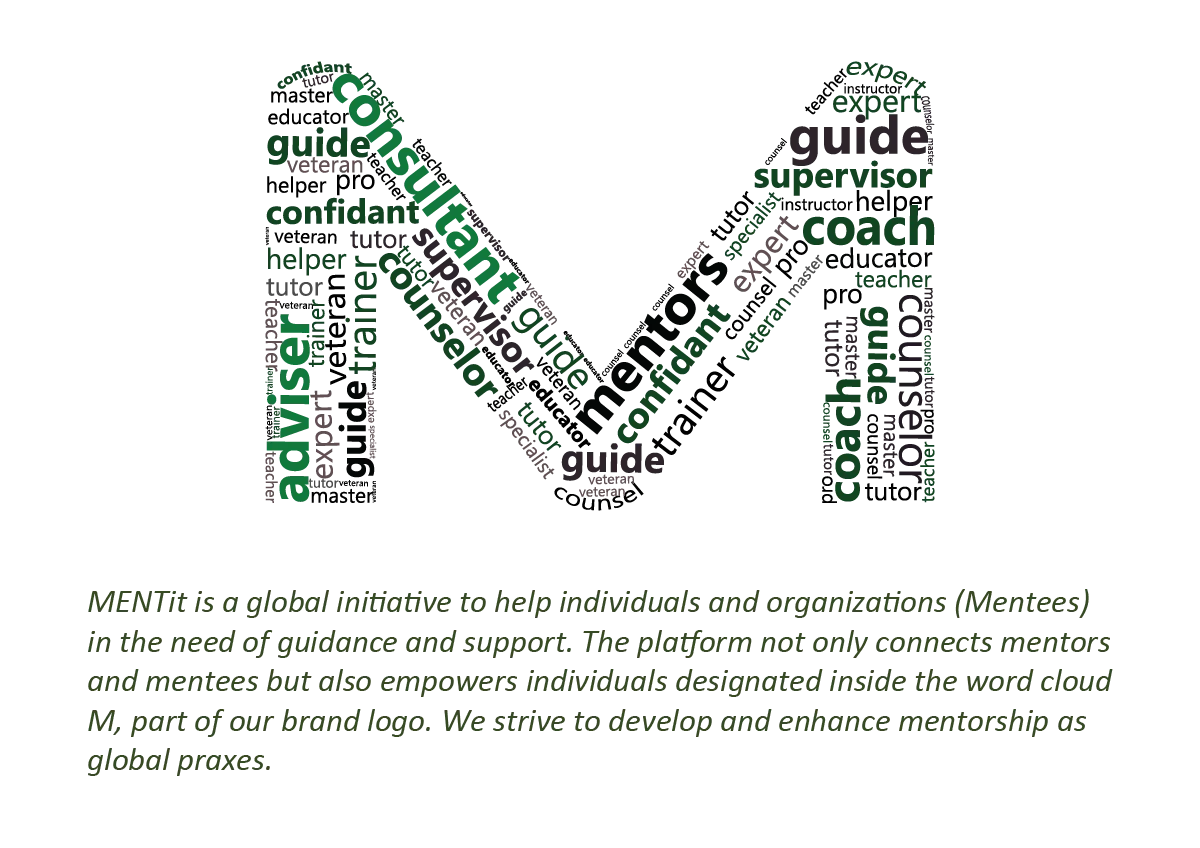The human-machine interchange How intelligent automation is reconstructing business operations
By Author: Mr. TEAM MENTit (MENTit Both)Affiliation: MENTit
What is intelligent automation?
- Intelligent automation makes use of modern technological advancements to manage and enhance company operations in an automated and continuous manner.
- In order to examine intelligent automation via an operational lens, we questioned CEOs directly involved with their firms' operations for this paper.
- We interchangeably use the words "intelligent automation" and "intelligence machines."
The rise of intelligent automation
- Intelligent machines have the potential to revolutionize the way people work and dramatically increase corporate performance in a variety of industries.
- The use of intelligent automation to boost human intellect is a very promising technological application.
- According to research, operations leaders are started to adjust their plans to accommodate this new manner of working.
High expectations for intelligent automation
- Intelligent automation refers to the usage of machines that are aware of their surroundings and can interact with people.
- According to GE's digital business unit, companies must teach humans to work with machines in new ways and reorganize procedures to optimize for automation.
Putting smart machines to work
- Businesses that use intelligent automation successfully can benefit from solid technological investments and implementation.
- Machine learning requires a number of building components, including cloud, mobile, and IoT.
- While 74% of operations executives claim their companies are now leveraging the cloud in some or all aspects of their operations.
- In both healthcare and banking, 88% of companies use the cloud in some or all aspects of their operations.
- Mobile will be widely used by 95 percent of people by 2020, and healthcare companies are expected to join this group.
The human-machine interchange
- Employees' abilities, experience, and knowledge are enhanced by intelligent automation, resulting in increased productivity, innovative problem-solving, and more compelling occupations.
- To forecast and control flu epidemics, Osnabruck University created a system that evaluates social media feeds against a central body of information.
- At the moment, just a few companies use machine learning to make decisions.
- Larger companies with revenues over USD 10 billion are leading the way in this area.
- Over the next three years, seven out of ten CEOs anticipate intelligent robots to lead to higher-value work for their workers.
Intelligent automation adoption across industries
- Intelligent automation is not being implemented at the same rate across all industries.
- Some industries, such as automobiles, financial services, and electronics, emerge as early leaders.
- Automation is becoming a critical component of many different company models, although it is not yet commercially available to everyone.
Challenges
- Companies in all industries must change their operations to allow for intelligent automation.
- The main obstacle for operations leaders is a lack of skills and resources, but this is less of a problem in the automotive and telecom industries.
- Even the automobile sector is struggling: it has the lowest percentage of respondents saying that their firms have modified procedures or workflows of any industry.
Value realized
- Intelligent automation is most likely to give benefits to the government, banking, healthcare, and insurance industries.
- Robots or intelligent devices will increase human capabilities, according to leaders in the chemical, petroleum, government, and insurance industries.
- Intelligent automation in production, quality control, product optimization, and supply chain management has had a favorable influence on the automotive business.
Recommendations
- Invest with purpose.
- Restructure the company to allow for automation.
- Educate in order to automate
References:
Disclaimer:
The views/opinions expressed in this blog by me as a MENTit user are my personal. MENTit or its promoters or other users may not share the same views or opinions as mine. If any copyright/trademark/patent/plagiarism/controversy issue emerges because of this article written by me, I, as an author, shall be the sole responsible for the consequences.








